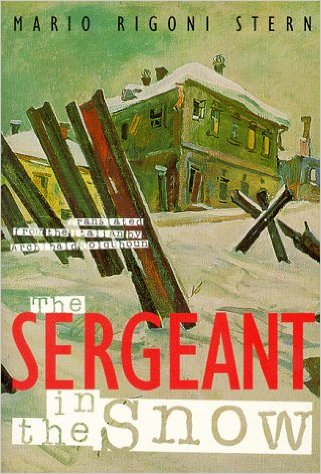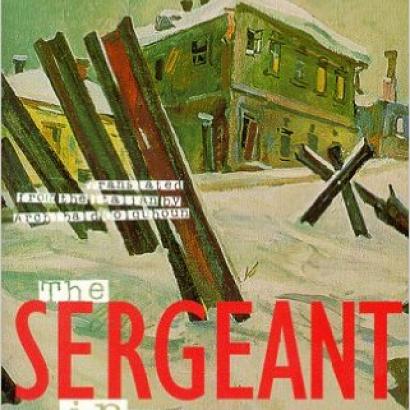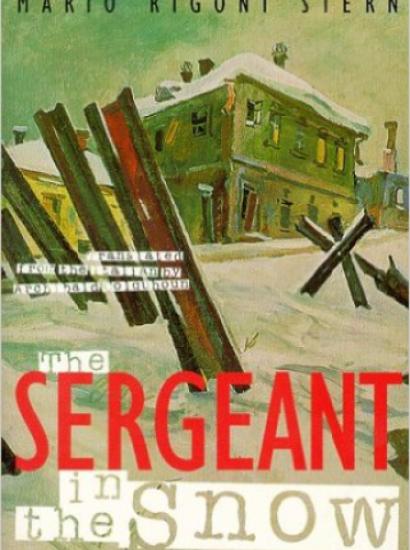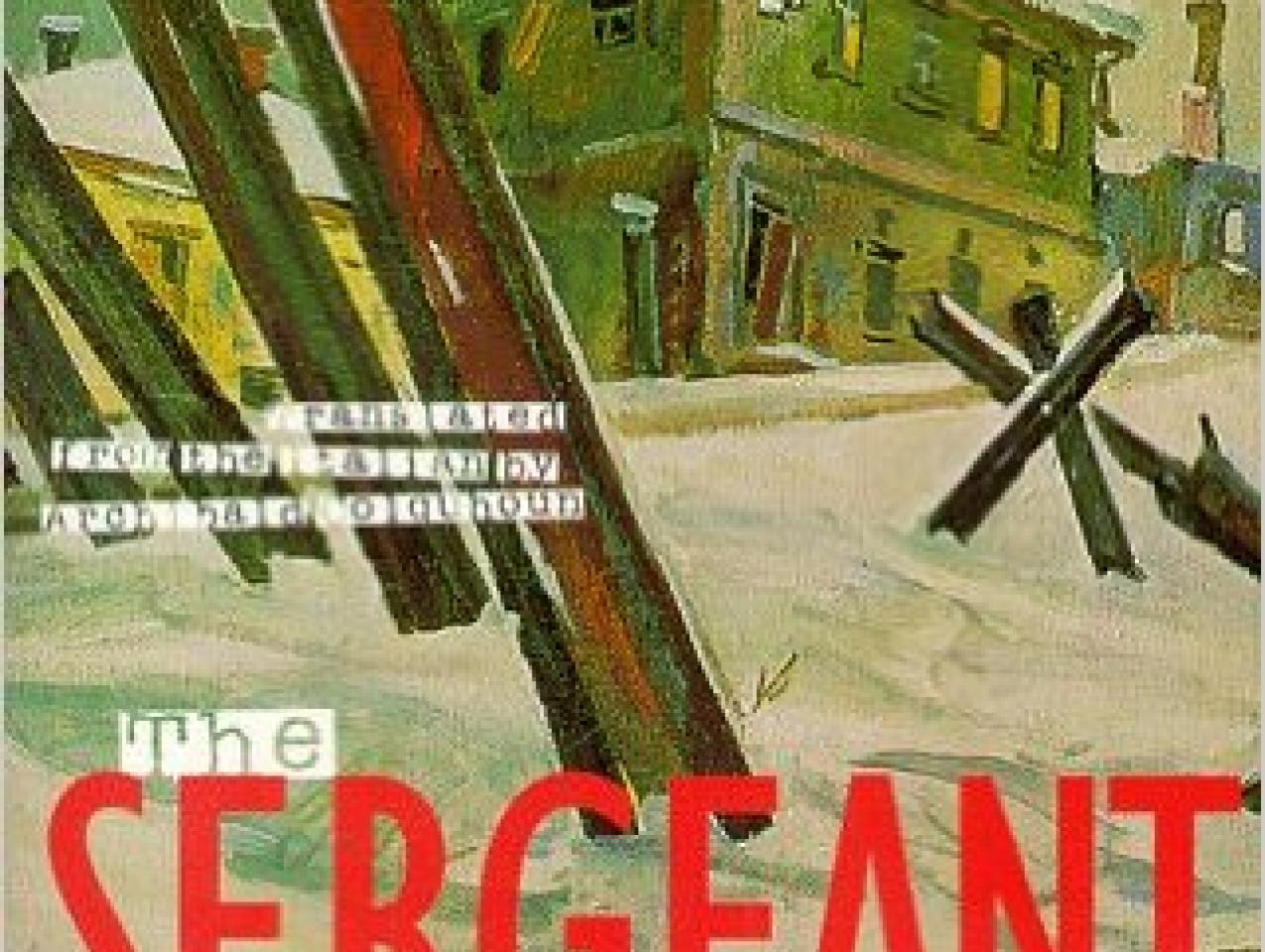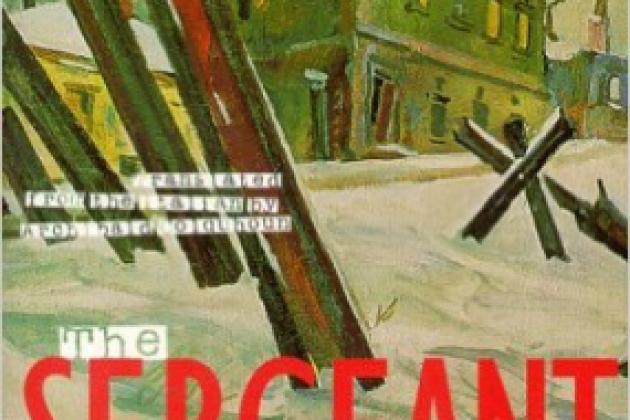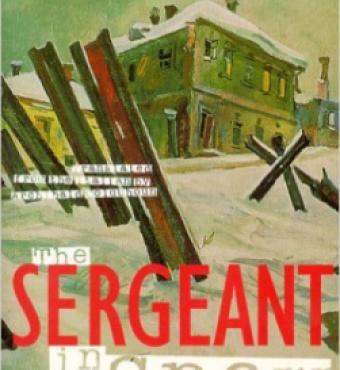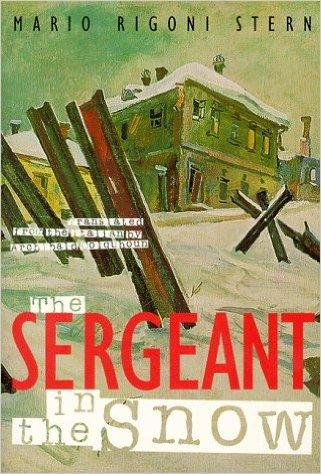Rigoni Stern began writing this short, powerful memoir of the Russian front in a German prison camp, where he was interned after refusing to continue serving in Mussolini’s army after the armistice with the allies in September 1943. Earlier he served in an elite Italian mountain fighting unit that saw action on various fronts in World War II: France, Albania, Yugoslavia and, most memorably, Russia. There he was a platoon sergeant in the Tridentina Division on the left flank of the German army investing Stalingrad. When the Axis front along the Don River collapsed in the face of a Soviet offensive, Rigoni Stern’s division was one of the few to break through encirclement and to escape. His subject is the long, hard retreat westward in winter 1943.
When the book appeared ten years later in 1953 the publisher called it “a little Anabasis in dialect,” referring to Xenophon’s famous account of the retreat of an army of Greek mercenaries from Iraq to the Black Sea. The Sergeant in the Snow is as vivid, dramatic, and deceptively simple as Xenophon. Rigoni Stern was not a professional writer but he was a natural storyteller who benefited from an excellent editor. He tells the harrowing tale of an evacuation on foot through snow and subzero temperatures that left two-thirds of the men in his division dead or captured. Rigoni Stern led 70 survivors to safety. From the opening line—“I still have the odor in my nose that the grease made on the red-hot machine gun”—to the closing sounds of a peasant girl singing in the March sun in Belarus while she pumps the pedal of a sewing machine and he waits to be evacuated to Italy, the author leaves an intense impression of his experience. When, for example, he holds his breath, hiding behind a picket fence while a Russian tank division passes by a half-mile away, motors rumbling, the reader holds his breath too. For an English-speaking reader it is disorienting to sympathize with an Axis soldier, but the author earns it. Few memoirs speak better to the abiding truths in any soldier’s story.







